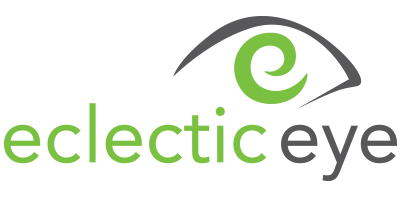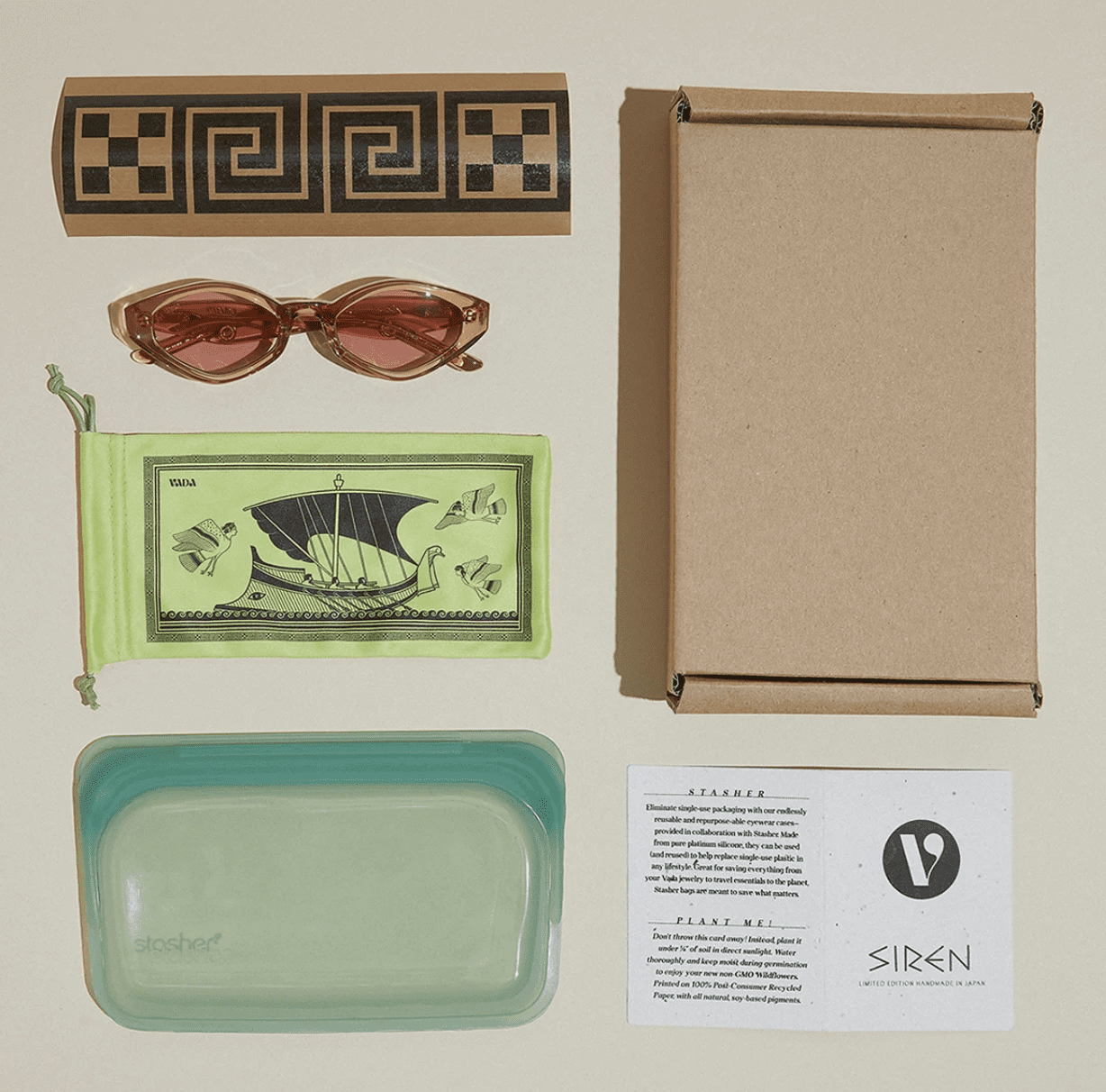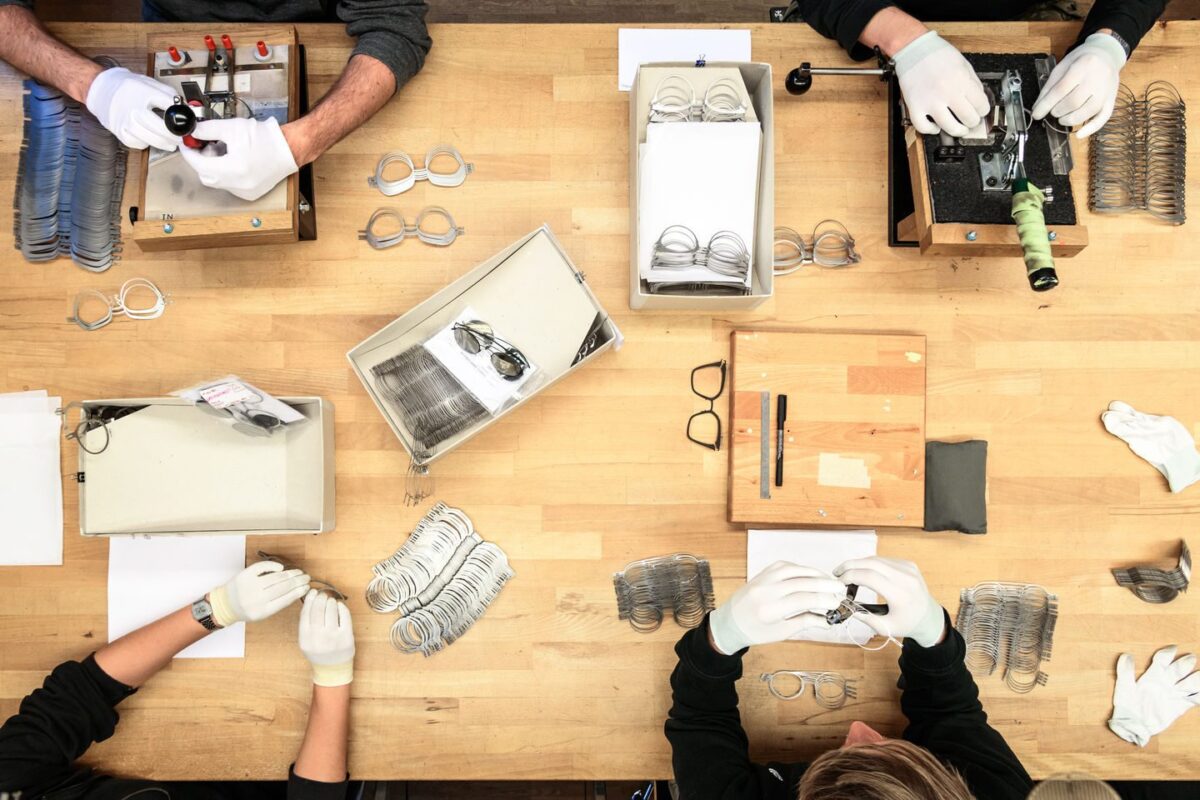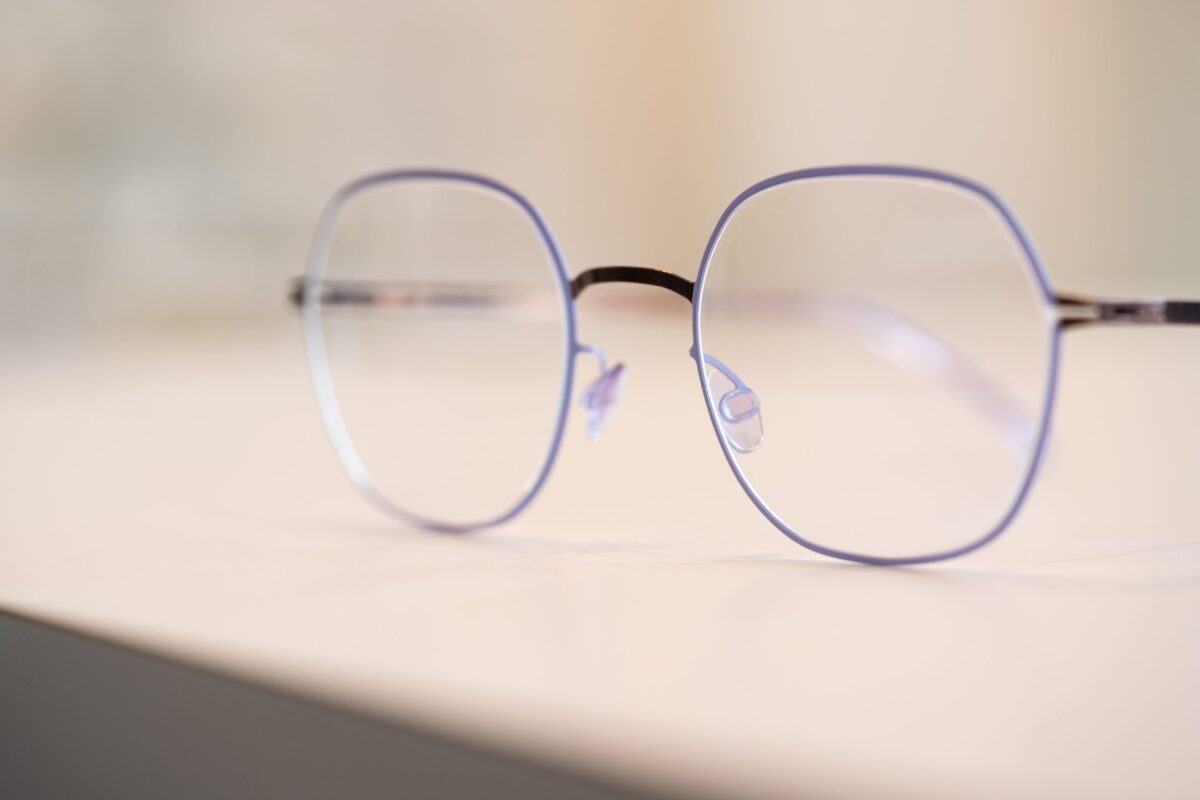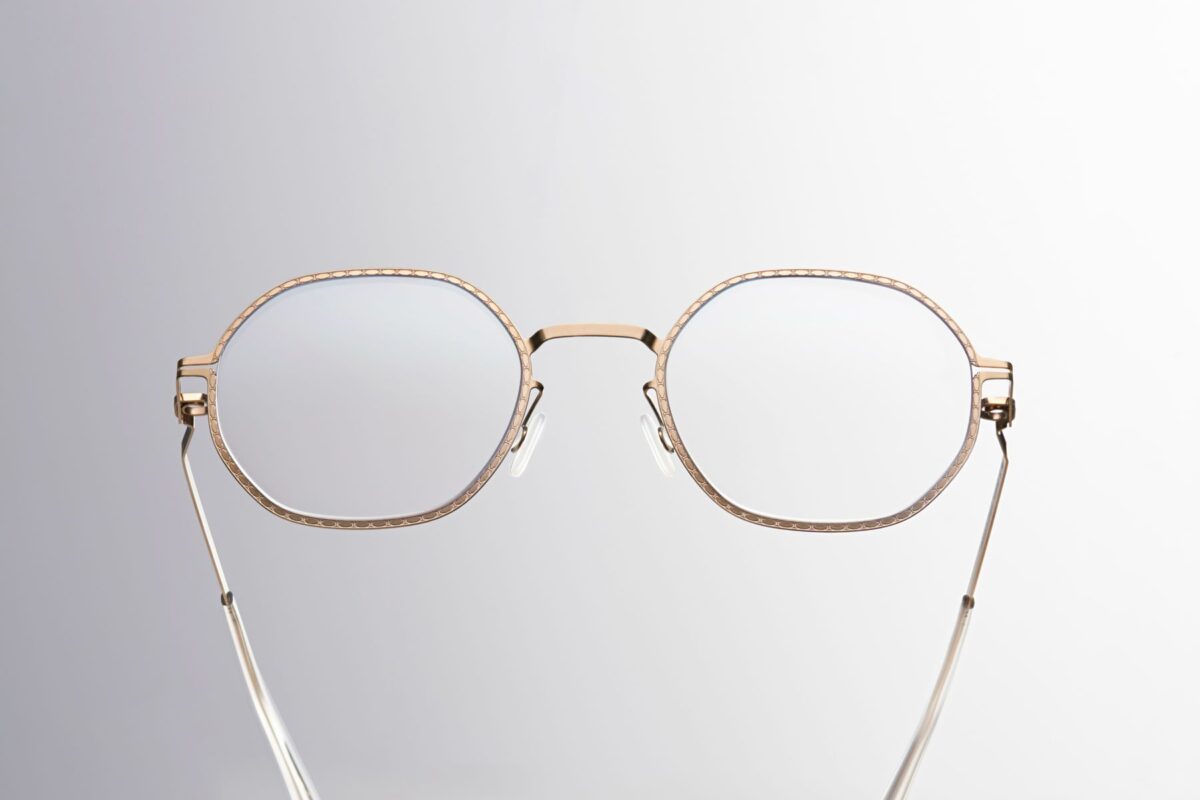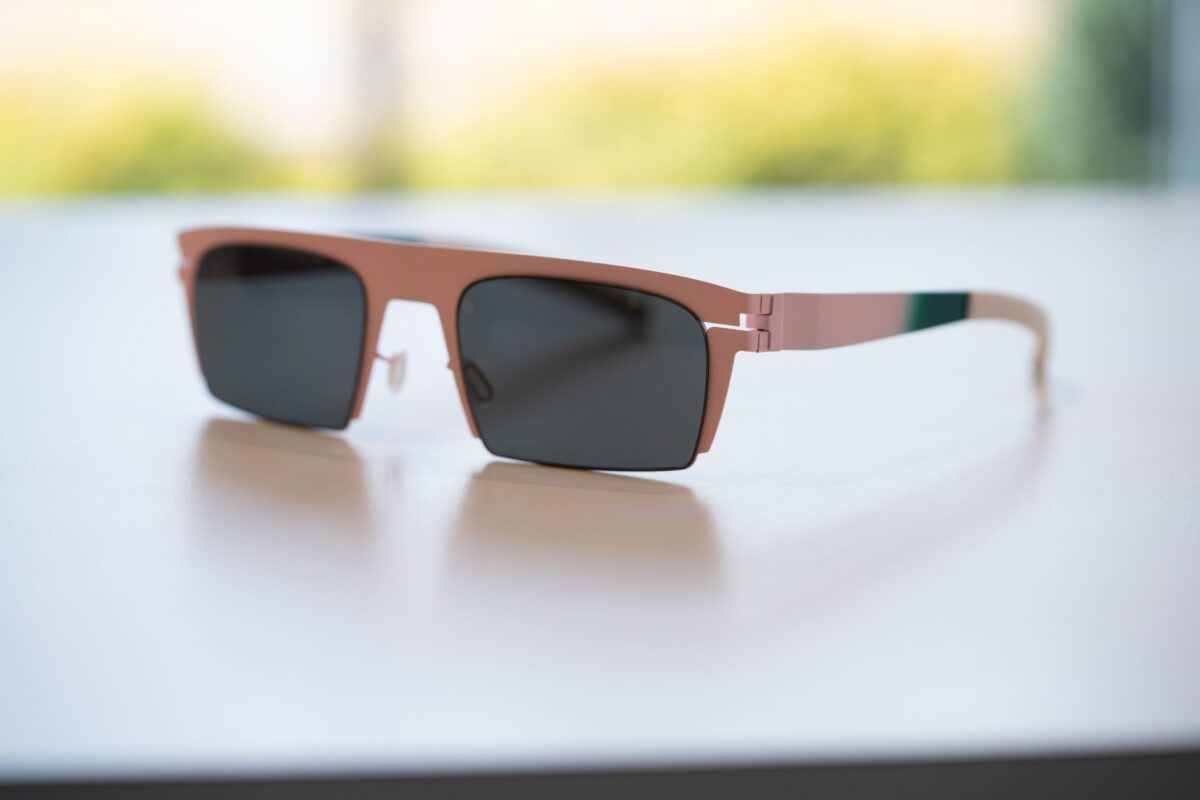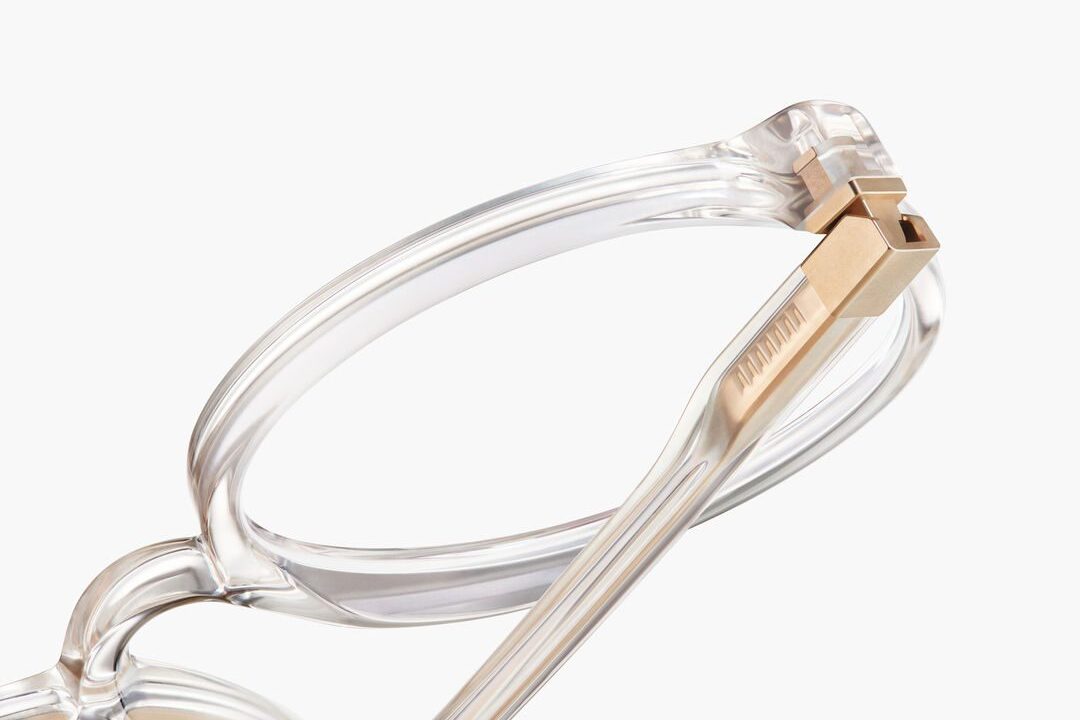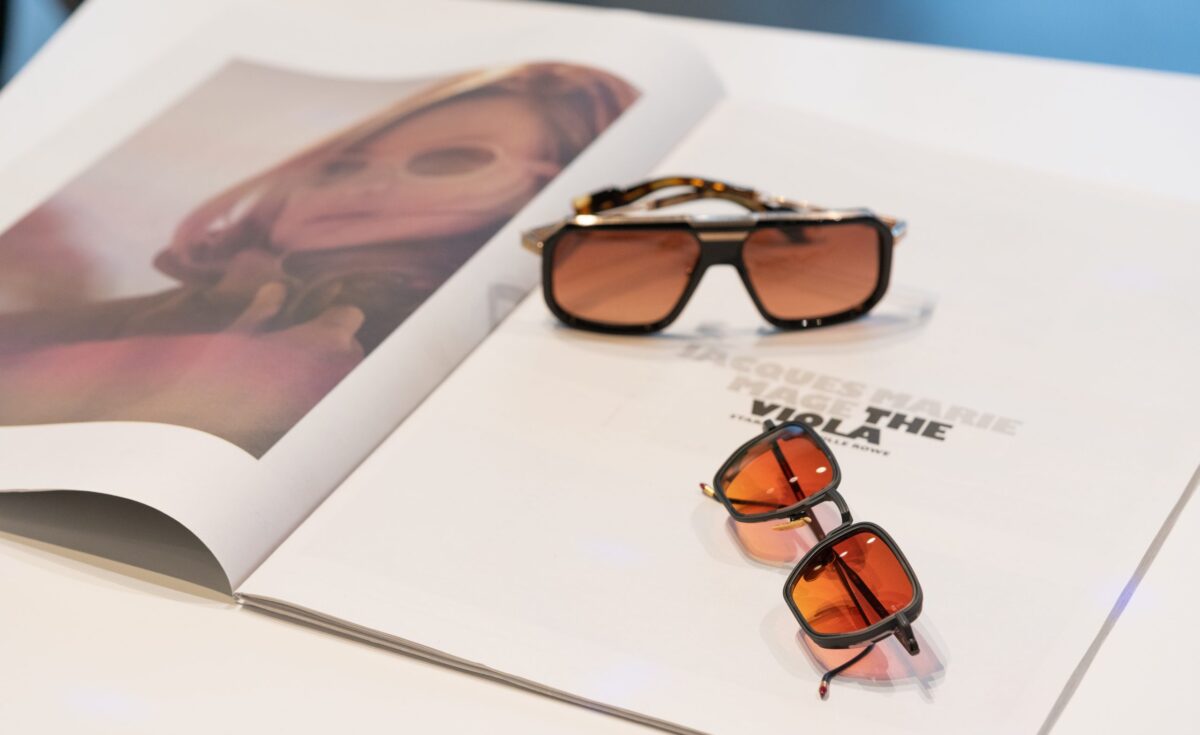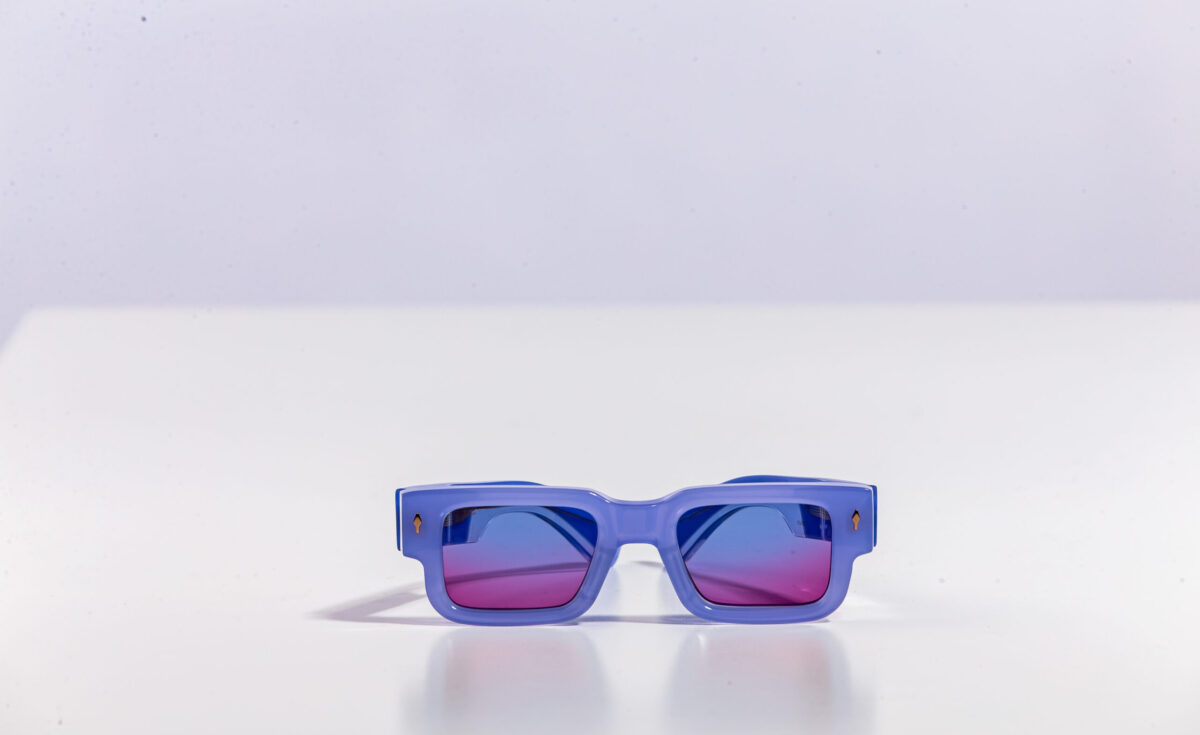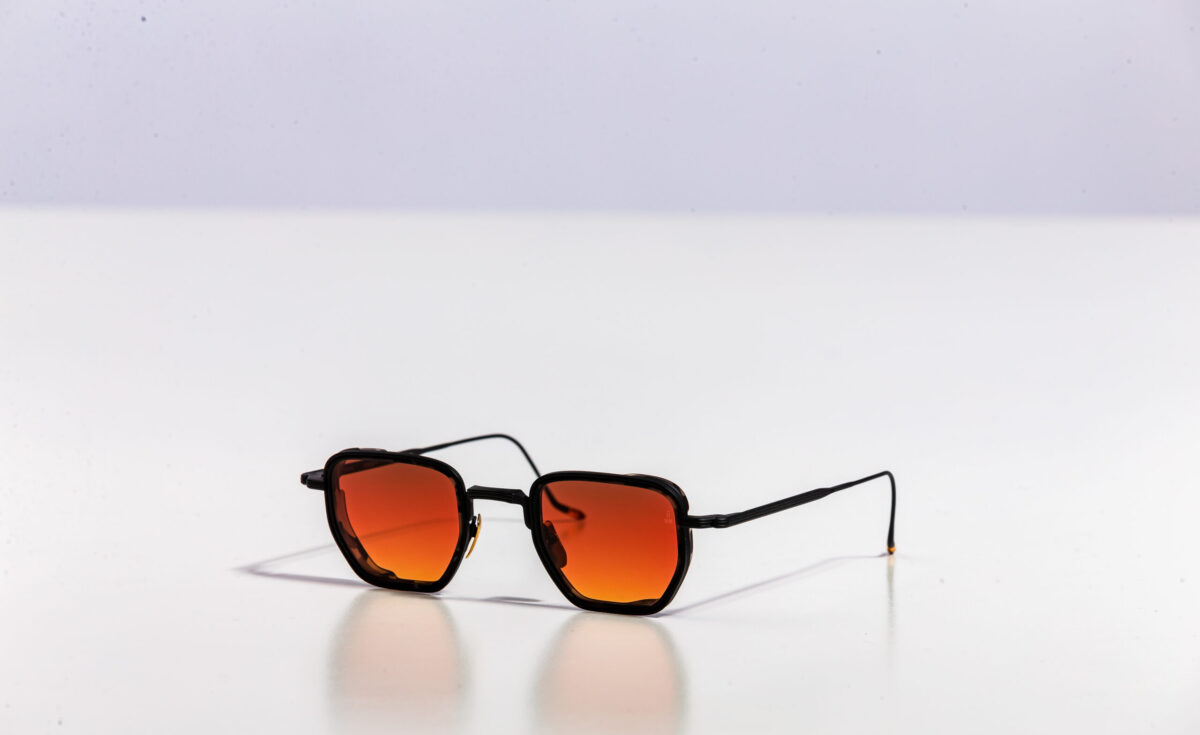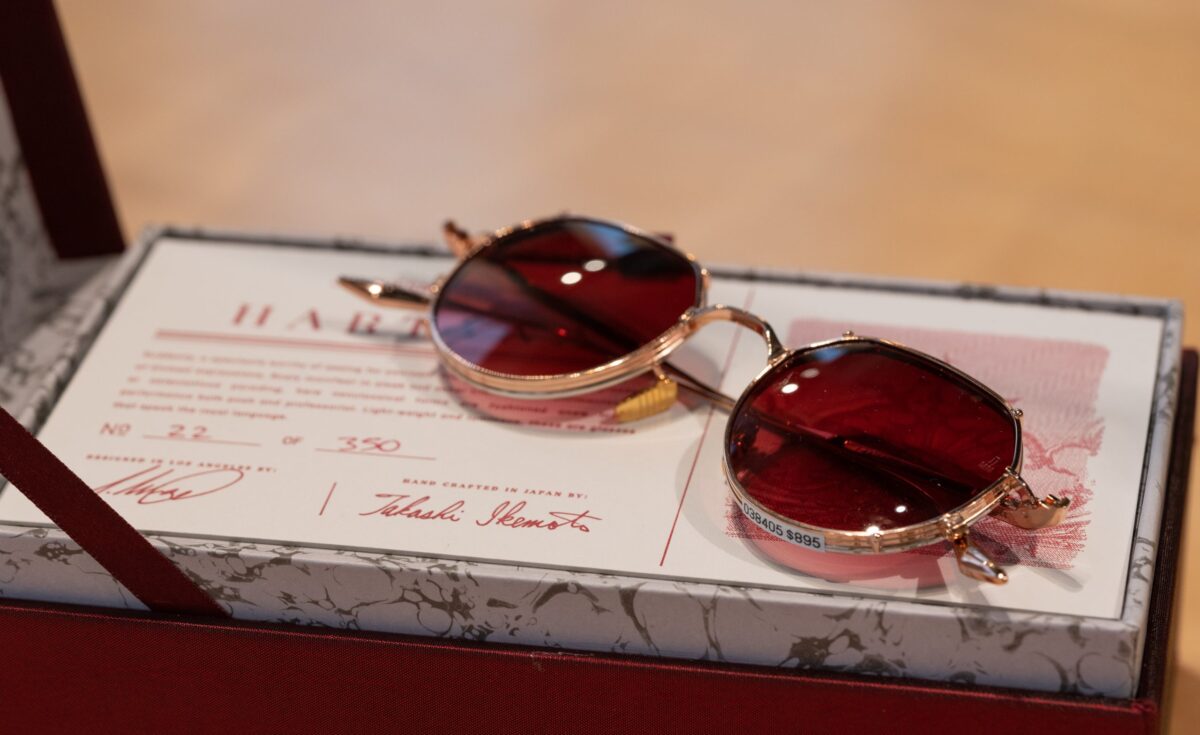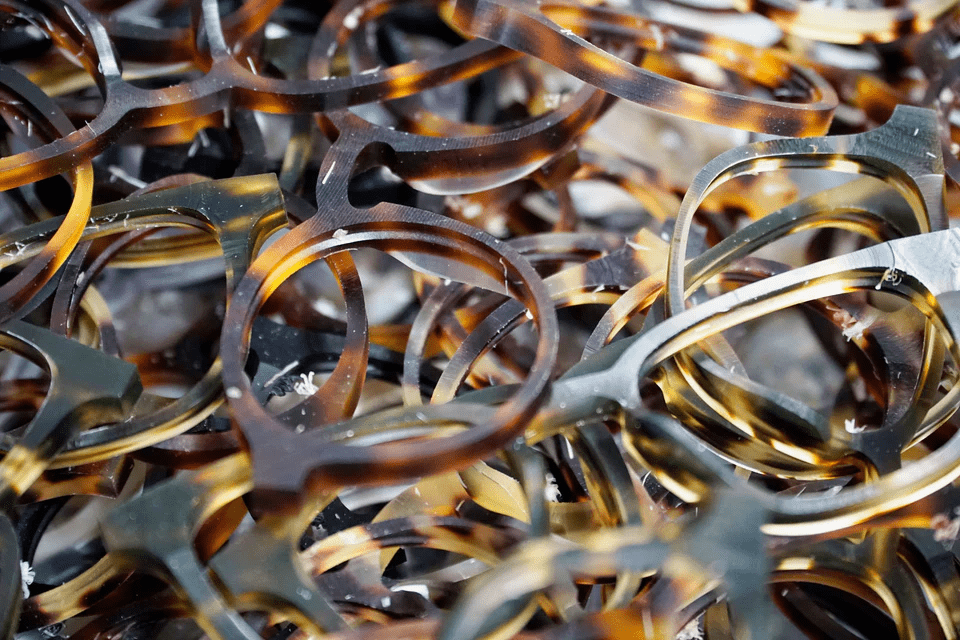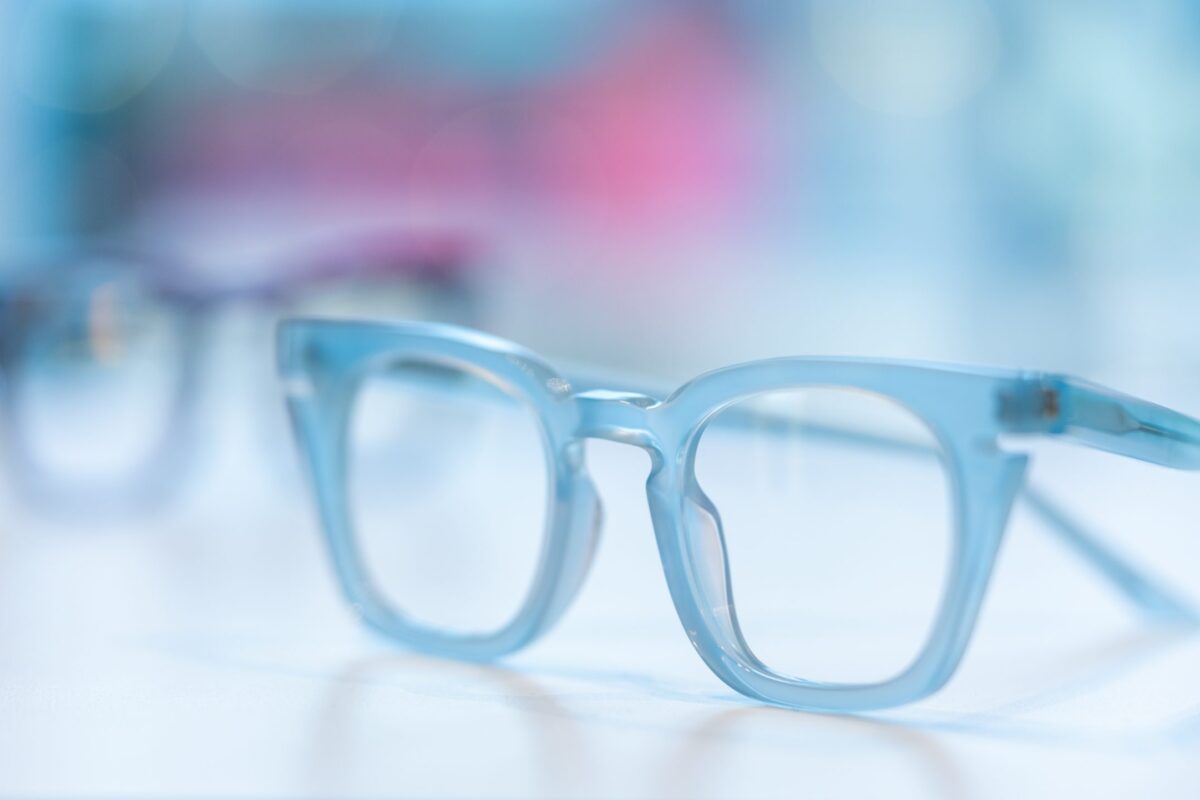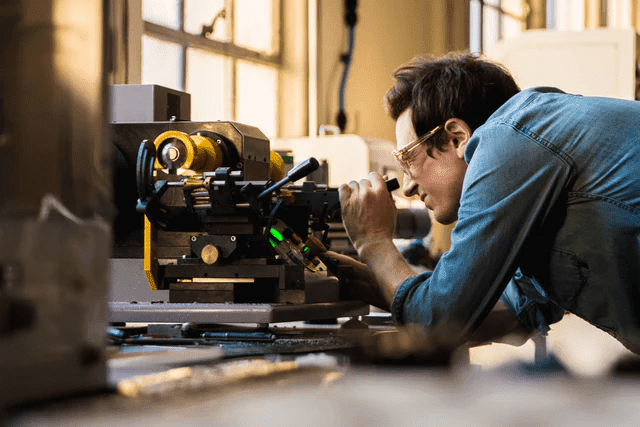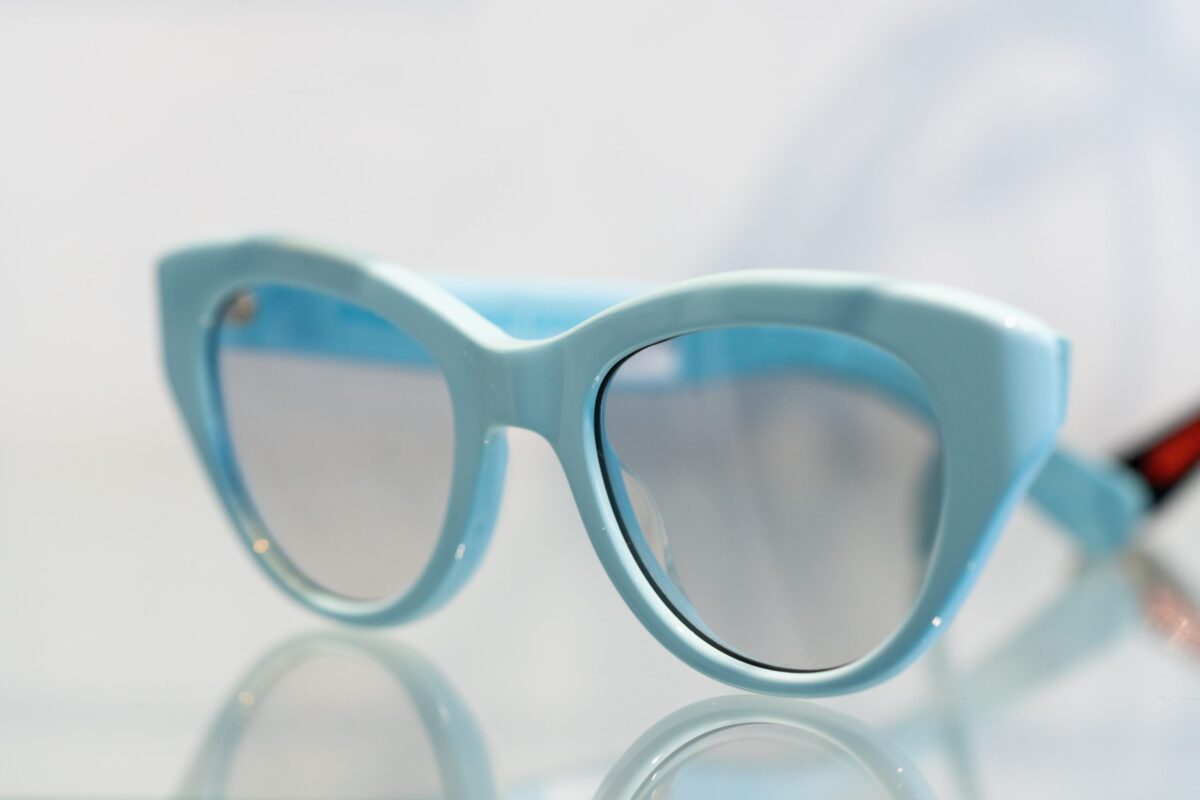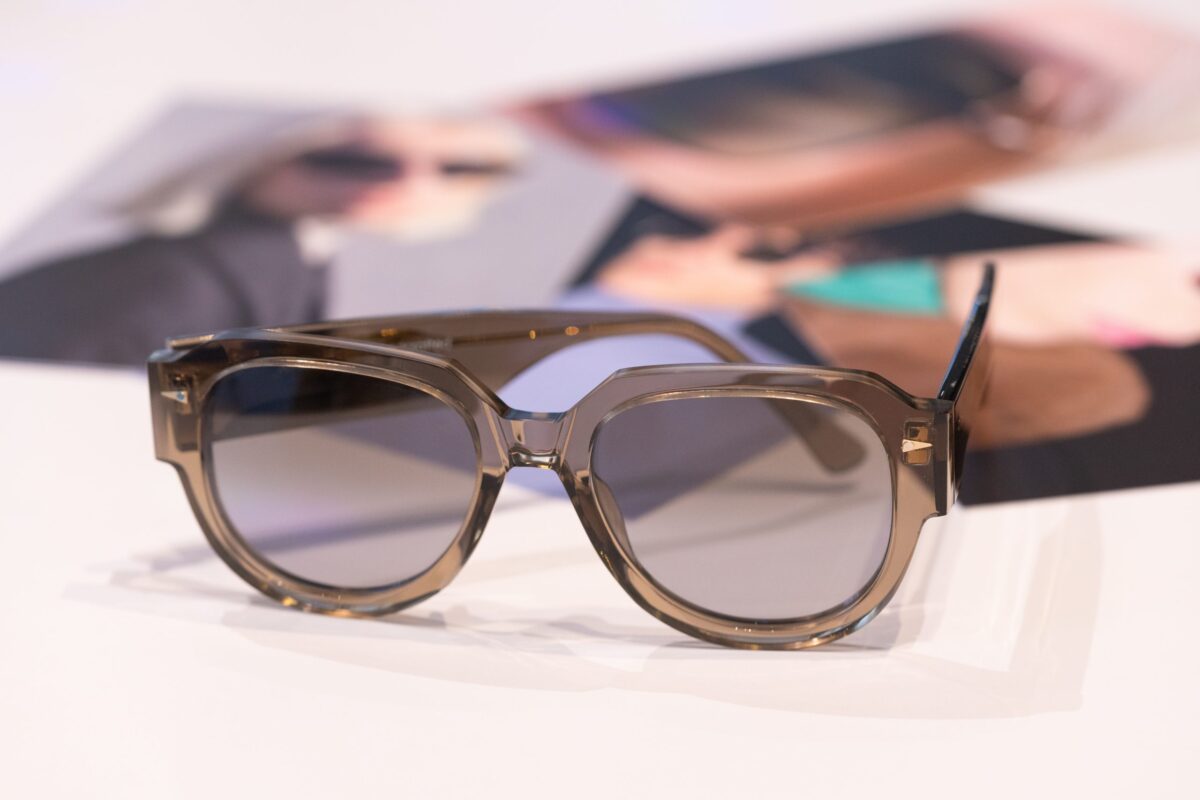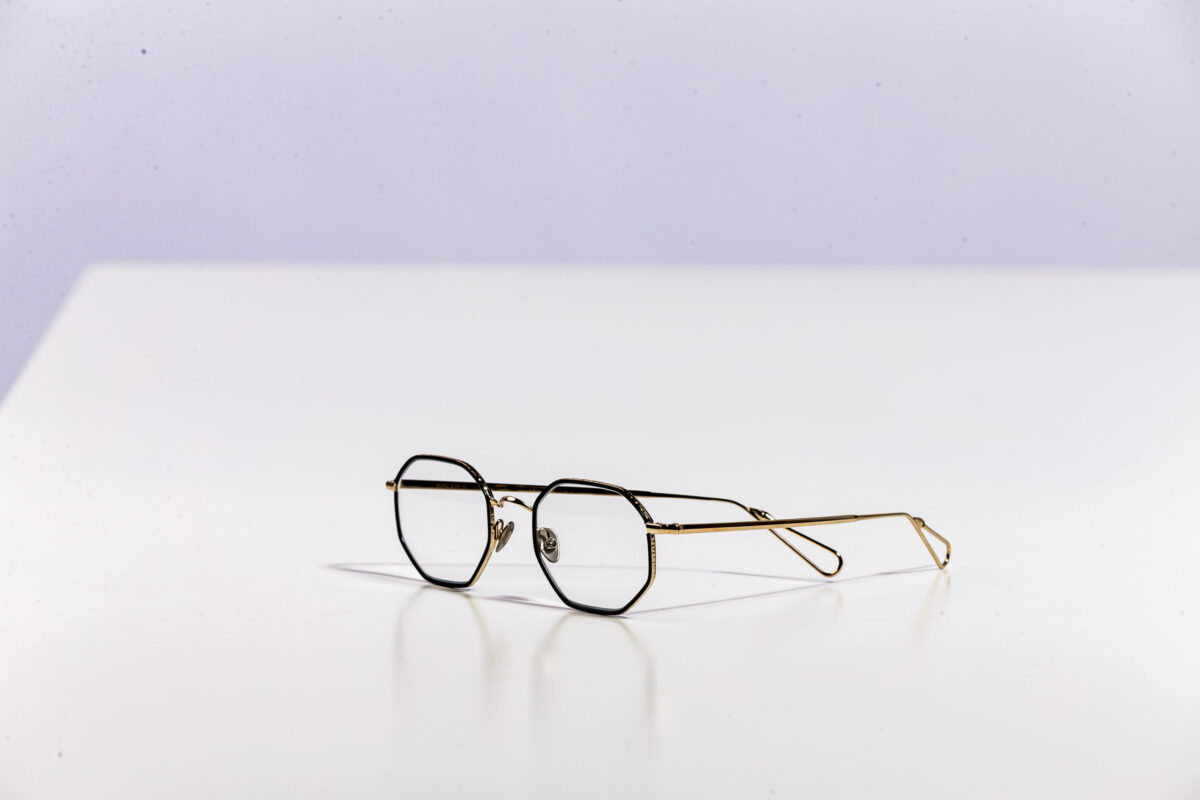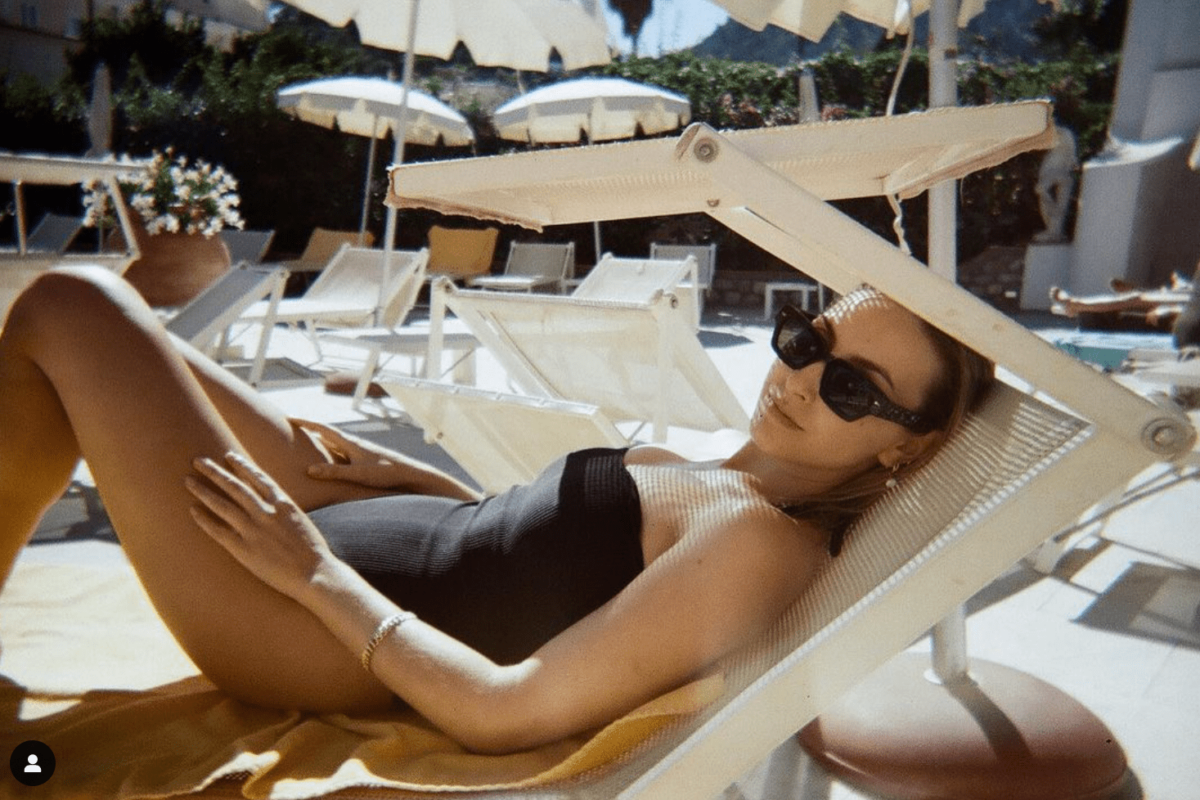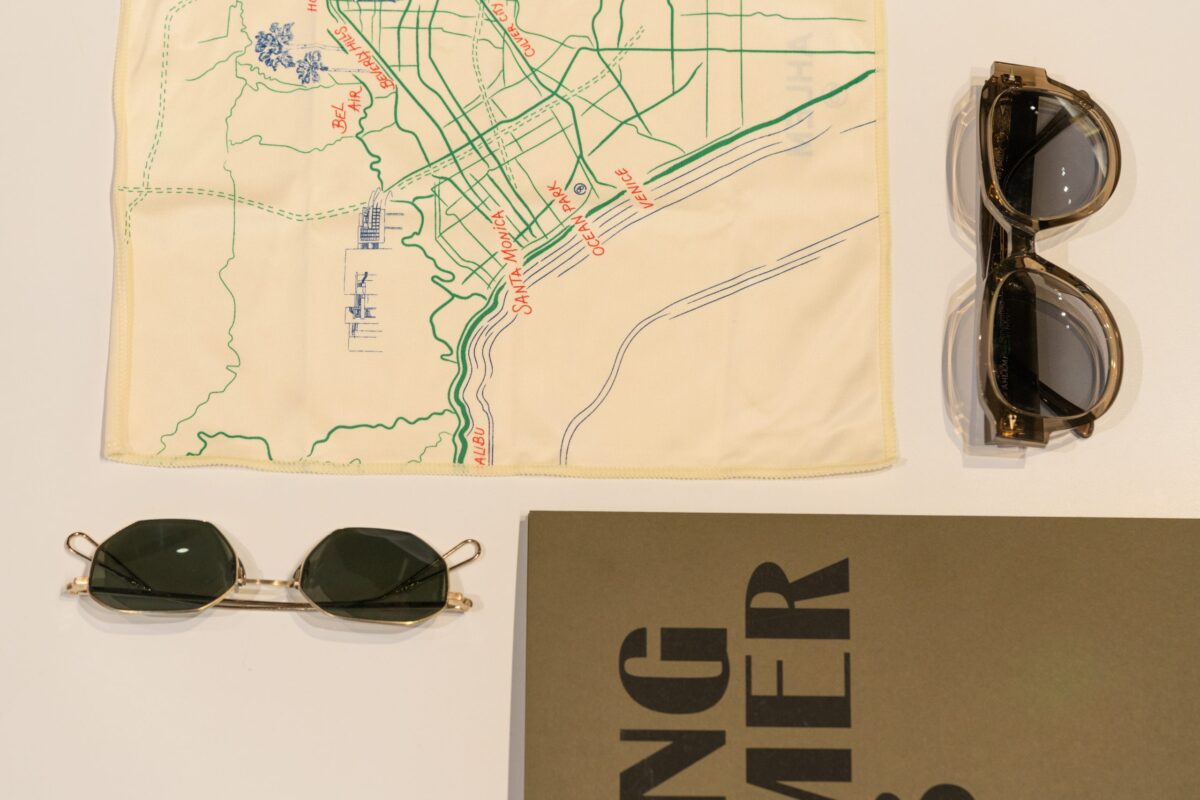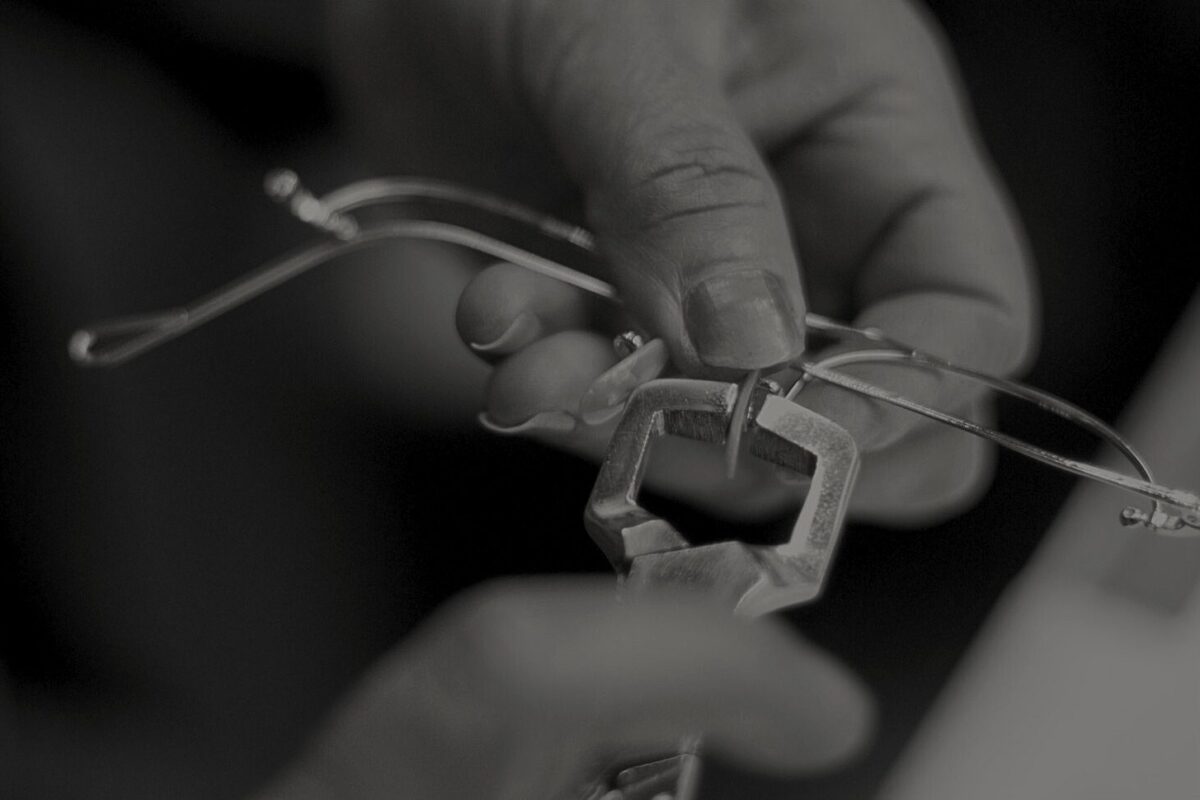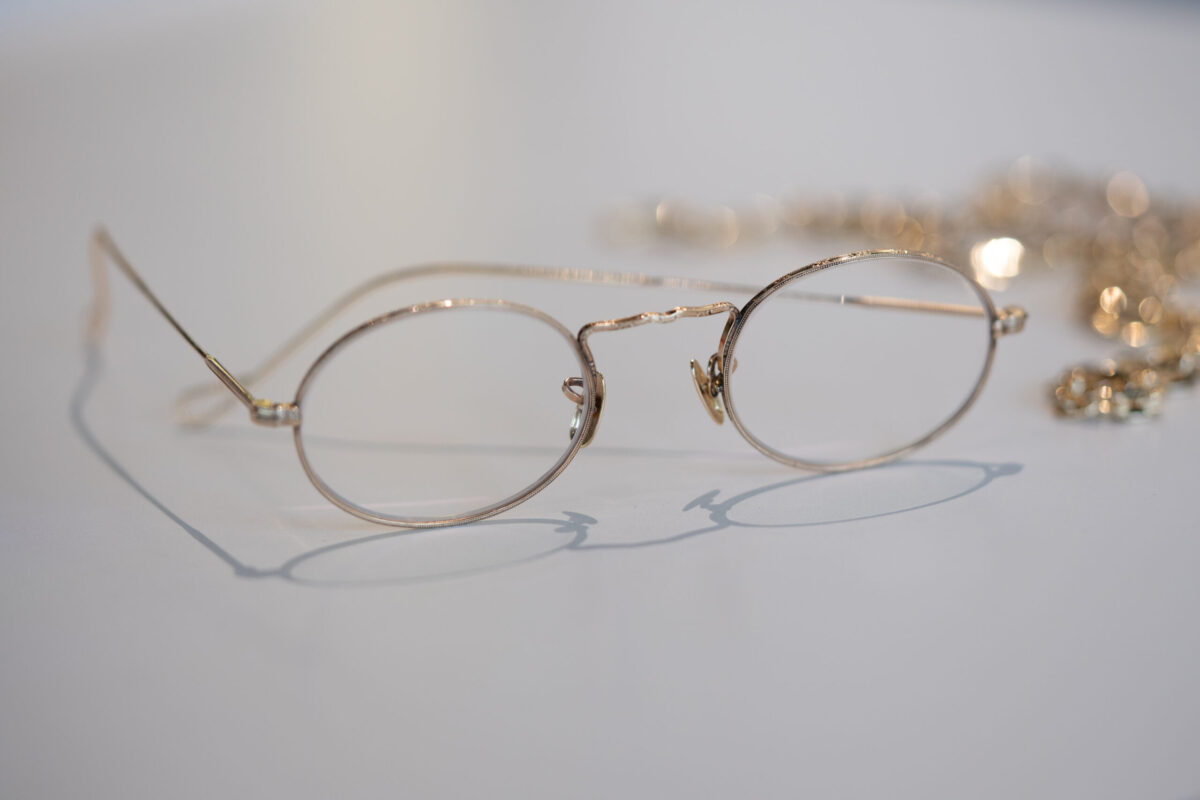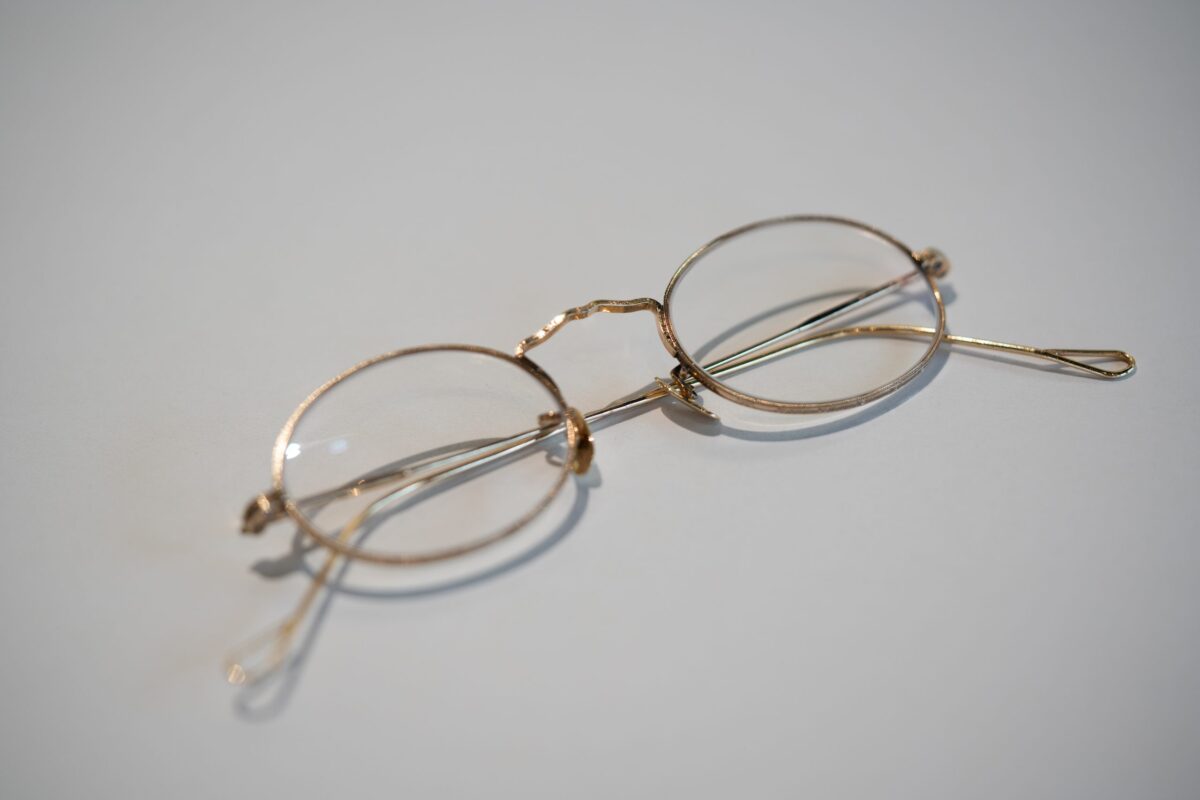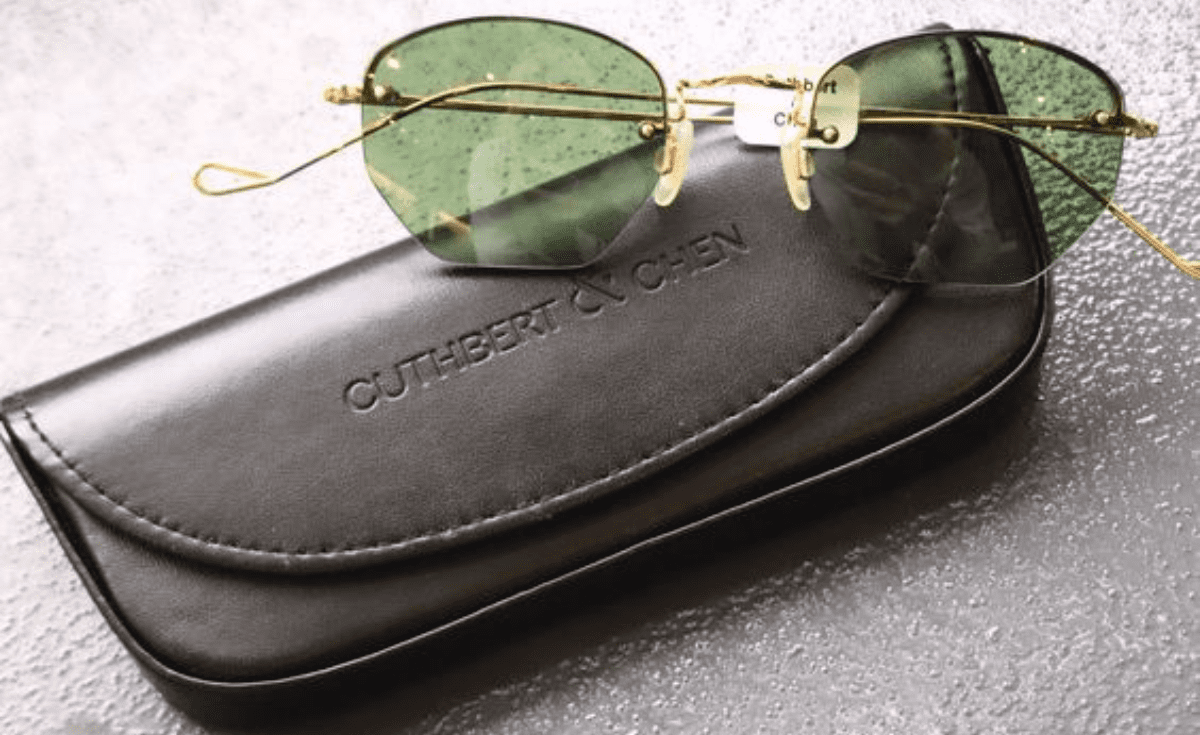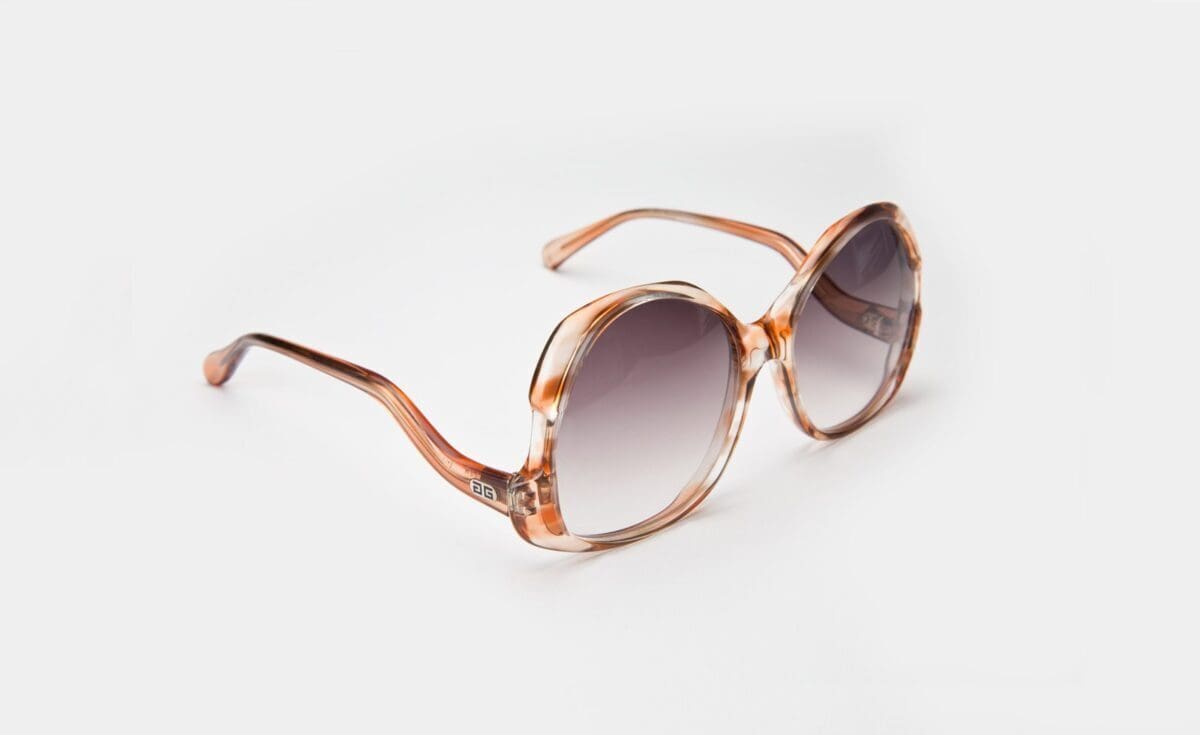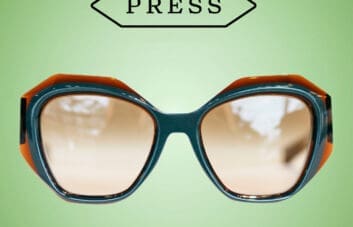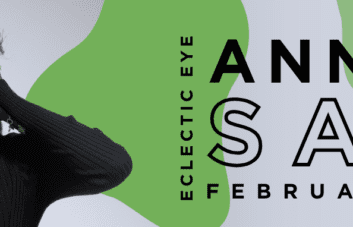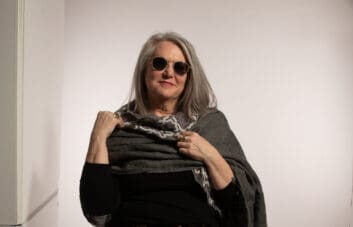Our owner, Robbie, was presented with a question that is more relevant today than ever: “Is the eyewear at Eclectic Eye sustainably made?” This led to a conversation amongst the team about our brands and their commitment to sustainable eyewear.
It turns out several of our luxury eyewear lines have committed to their own sustainable practices to enter the circular economy and significantly decrease their carbon footprint. This ranges from micro-production, eco-friendly packaging, natural or renewable materials, extending lifecycles, and supporting influential organizations to better the planet. Altogether, the smallest changes to make eyewear sustainable can make a rather impressive impact on the industry.
MYKITA
MYKITA strives for timeless eyewear to produce quality, high-fashion frames while reinforcing the responsible consumption of material goods. Driven by innovation, the German design haus experiments with advanced technologies to prolong the lifespan of their frames. MYKITA currently utilizes Swedish steel, which is 88% recycled content. To complement their signature stainless steel, the brand also works with a sustainable, ISCC-certified acetate supply, Acetate Renew.
Experiment with your personal style at the Eclectic Eye trunk show, featuring MYKITA and its numerous eyewear collections. Join us Saturday (April 29th) from 10:00 a.m. to 4:00 p.m. in Midtown Memphis.
Jacques Marie Mage
Jacques Marie Mage prides itself on their ecologically conscious business practices. They specialize in micro-production, meaning only “X” amount is made in a specific frame in a certain colorway. For example, the latest Jeff Goldblum frame “Jeff” in colorway “Argyle” is number 248/500, meaning only 500 frames were created (or will be) in this color!
Jacques Marie Mage is also a huge advocate for preserving our national parks. The company donates a portion of their proceeds to aid in conserving wildlife with the organizations Yellowstone Forever and Living with Wolves. Learn more here.
LOWERCASE NYC
Sustainable eyewear is top of mind for LOWERCASE. Their team handcrafts each frame that moves through their Brooklyn, New York workshop. Small-batch production is their specialty, too. With a team of less than 10, they only produce what they need to cut down on waste and prioritize craftsmanship. Their acetate of choice derives from cotton fibers, which are renewable and very beneficial for the planet. In pursuing a circular economy, LOWERCASE sells its acetate scraps to the next user.
AHLEM
AHLEM, a beautifully minimalistic line in Los Angeles, constructs eyewear to last a lifetime. In a similar fashion, they, too, utilize small-batch production, capping their frames at 300 per run. This factor, plus the use of superior materials, decreases their manufacturing carbon footprint. AHLEM continues to play a part in the circular economy with the ReFramed program; customers may turn in their AHLEM glasses for resale and, therefore, extend their lifetime.
RetroSpecs
RetroSpecs has reduce, reuse, and recycle in their bones. The company began in 1992 when co-founder Jay Owens fell in love with a pair of vintage eyeglasses. This initiated an expedition in search of more antique frames for him to restore for his friends, family, and eyeglass wearers everywhere! Now, RetroSpecs’ team of experts restores more than 30,000 pairs of modern 20th-century eyeglasses per year.
Ask your Eyewear Architect how we can restore your frames at Eclectic Eye.
Cuthbert & Chen
The same restoration experts design and distribute Cuthbert & Chen frames, a division of RetroSpecs. The company respectfully uses the horn of water buffalo that have naturally passed away. By using horns, they create no additional materials. The horn comes in beautiful color striations that differ with each frame. If you see a horn frame in a light color pattern, jump on it! These are surprisingly rare, as the horn with a lighter color is more delicate.
And there are more luxury brands with sustainable eyewear on our shelves. VADA, Piero Massaro, and theo eyewear all integrate ethical methods in multiple sections of their supply chains. If that is a part of your criteria for your next purchase, consult our Eyewear Architects about brands with eco-friendly practices.
